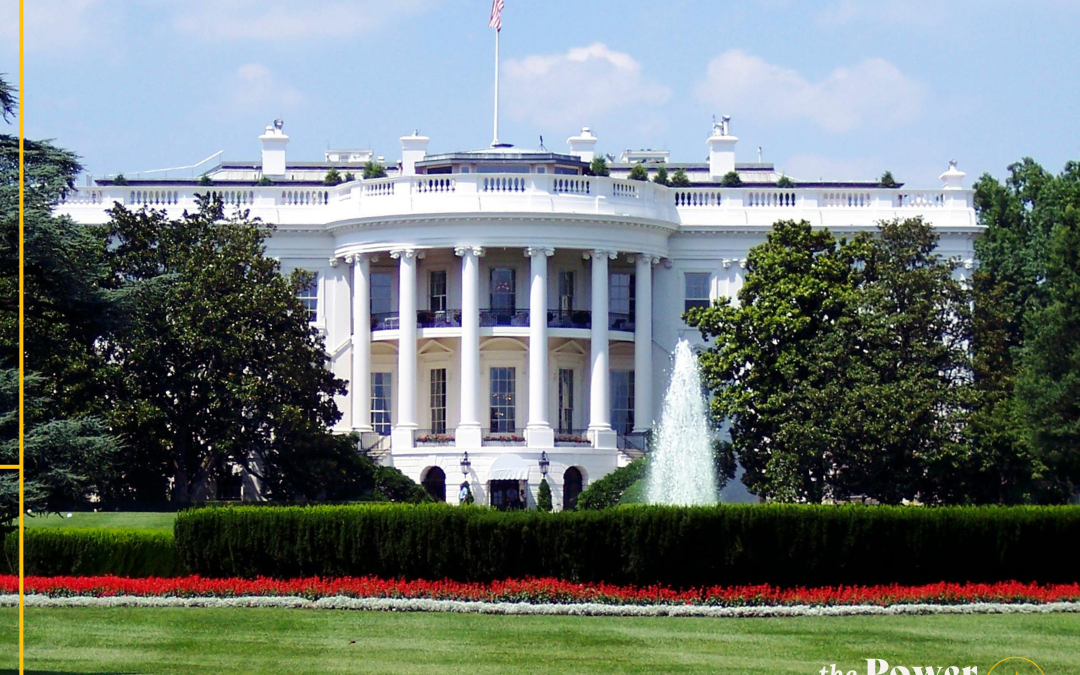If you own a small business or rental property, you are certainly aware of the concept of depreciation. For those that are not, depreciation is a way to write off an asset used in a business that has a useful life of greater than one year. It could be a piece of equipment (i.e. computer), real estate (i.e. rental building), etc. The general rules state that if an asset is going to last longer than a year, then that asset has to be written off over its useful life of sometimes three, five or seven years (longer for other assets).
This week we will be focusing on equipment and things that are on the shorter life scale. We will talk about vehicles and real estate in future weeks.
Some examples:
- Three-year property: Computer software and over-the-road semi-trucks
- Five-year property: Office equipment and computers
- Seven-year property: Manufacturing equipment and office furniture
That being said, even though you have to write it off over its useful life, the IRS does give us a lot of nice ways to be able to depreciate those assets over a shorter length of time. These provisions are called Bonus Depreciation and Code Section 179 Direct Write-offs.
The TAX CUTS AND JOBS ACT OF 2017 added some additional flexibility when depreciating or writing off assets.
How did it do that and what are these “flexibilities” that you are talking about?
Between now and December 31, 2022, the tax reform act gives us a chance to include bonus depreciation of 100 percent to write off an asset immediately in the year that you purchased it as long as their useful lives are 15 years or less.
Bonus depreciation has been around for a while, but the difference this time is that it can be used on new or USED equipment.
By taking bonus depreciation, a company can actually either substantially reduce their profits or take that profit and reduce it into a loss that can be carried forward or used to offset other income on their return.
Another thing that it does is increases the amount of the Section 179 that can be taken, and it increases it to $1 million. So basically, a company can write off $1 million of assets in one year assuming that they have enough taxable income. Unlike Bonus Depreciation, section 179 can only be used to get income down to zero. It cannot be used to reduce the income and produce a loss.
Deciding which option to use (including maybe using neither option), will depend on a number of factors, including how the choice will affect the State return since some states do not conform with the federal rules.





